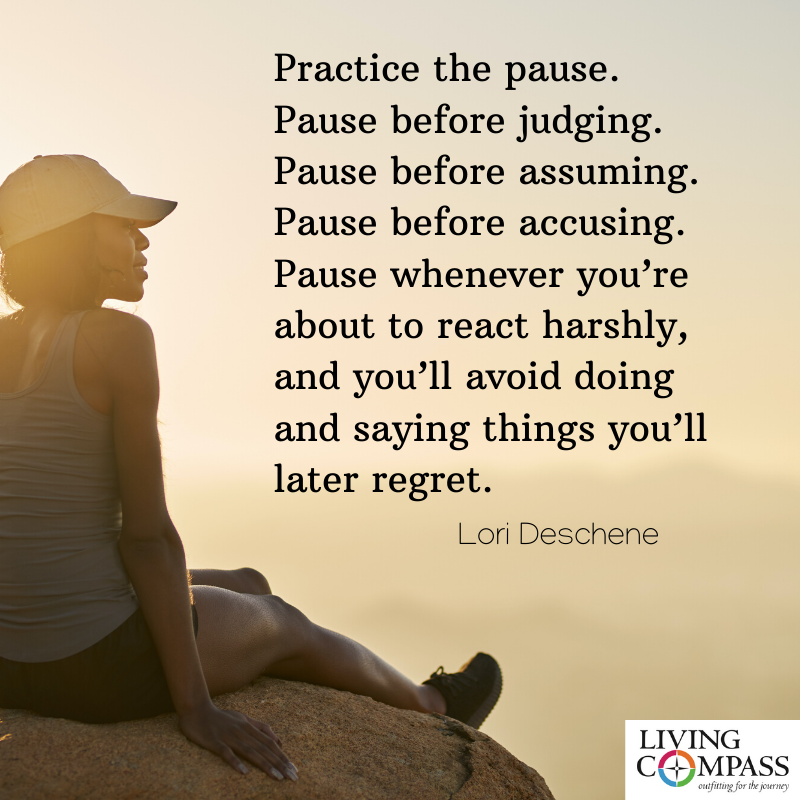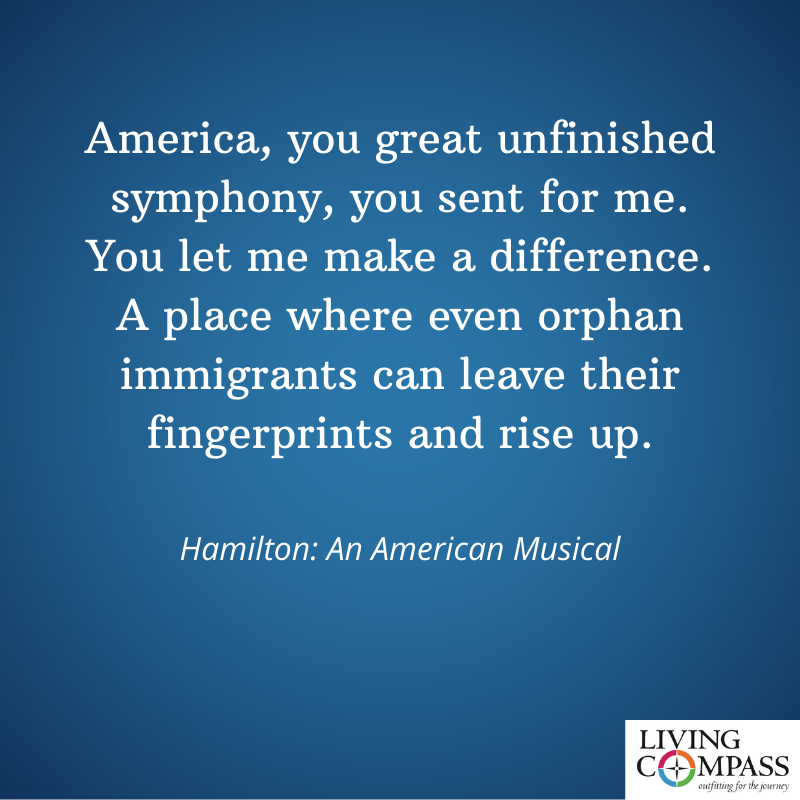Practice the Pause
“Practice the pause. Pause before judging. Pause before assuming. Pause before accusing. Pause whenever you’re about to react harshly, and you’ll avoid doing and saying things you’ll later regret.” Lori Deschene
I was reminded of the power of pausing while riding my road bike earlier today as I was climbing some very steep hills. (Yes, I am aware that I write a lot about what I experience and learn while on my bike. It is where I spend a lot of time these days and do some of my best thinking.) As I neared the top of an exceptionally long and steep hill, I looked down at my bike computer and saw that my heart rate monitor was reading 156 beats per minute.
My elevated heart rate, along with the high temperature and humidity, gave me reason to pause - literally. I found some cool shade, drank some water, and in a few minutes by heart rate was under 90. I resumed my ride and gratefully didn’t encounter any more steep hills.
Wouldn’t it be nice if there was such a thing as an irritability or stress monitor? A person could wear it, and it would register when their irritability or stress levels had risen to potentially unsafe levels. Learning to pause before our irritability and stress levels get too high is a foundation of emotional, spiritual, and relational wellness. Knowing when to pause and rest when we are emotionally flooded is just as crucial as pausing when we are physically stressed.
Lori Deschene, in the quote at the top of the column, provides a helpful list of when it is vital to pause. The list is a good start and helps me to think of a few other additions.
Pause before sending emotionally charged emails.
Pause before posting heated comments on social media.
Pause to examine our own biases.
Pause to listen more before being too quick to speak.
Pause before talking badly or gossiping about someone.
Pause when feeling impatient.
Pause when feeling stressed or exhausted.
Pause before becoming overwhelmed.
Pause before being so quick to defend yourself.
What else might you add to your personal list of when to pause? How do you monitor when you are becoming overwhelmed? In what specific ways do you “practice the pause?” What are the differences in your life and your relationships when you pause more often, and when you don't?
We are indeed living through stressful times, filled with what seems like one excessively steep hill to climb after another. Knowing when to take time to pause is perhaps more crucial than ever.
Subscribe Now to Weekly Words of Wellness:
Click the button below to signup for the e-mail version of Weekly Words of Wellness. This weekly article can be shared with your community electronically and/or used for group discussion.
You can unsubscribe at any time.




